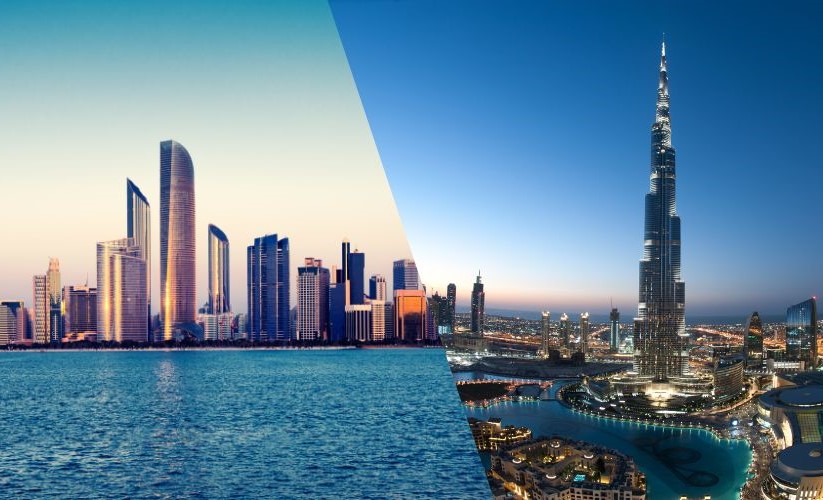Middle Eastern cities have made significant advances in how the 2025 IMD Smart City Index is highlighted, indicating its growing importance in the global landscape of smart city development.
This year, Dubai has made great strides in IMD Smart City Index, making a significant leap from 12th place in 2024. This reflects urban advancements in urban development and technology integration. Similarly, Abu Dhabi showed impressive growth, increasing from 10th to 5th place, highlighting its commitment to improving its smart city initiative and improved overall responsibility.
AlUla in Saudi Arabia, Kuwait City in Kuwait, and Manama in Bahrain have developed as remarkable competitors, reflecting considerable advances in urban strategy. In addition to this growth, the ability of city residents to secure affordable apartments around the world indicates that prosperity is not surrounded. This trend has a major impact on the quality of life of a broad spectrum of urban populations, as highlighted by the index.
The report, titled “The Housing Affordability Challenge: A Growing Concern in Smart Cities,” evaluates six new cities in 2025—AlUla, Astana (formerly Nur Sultan) in Kazakhstan, Caracas in Venezuela, Kuwait City, Manama, and San Juan in Puerto Rico—bringing the total assessed cities to 146.
Published by IMD’s World Competitiveness Center (WCC), the Index is based on 39 survey responses from residents representing diverse social strata. The report’s direction was influenced by responses to the crucial question: “Is finding housing with rent equal to or less than 30 percent of the average monthly salary a problem in your city?”
Impact of trade policies on housing affordability
It elaborates on how rising tariffs on steel and potentially timber, resulting from the United States’ aggressive trade policies this year, are expected to raise development costs, putting additional strain on an already constrained housing supply. Participants in this trade battle may experience economic losses that outweigh any potential benefits, according to the analysis. As a result, growing inflation could have a negative impact on industries that rely largely on imported supplies, particularly construction.
Economic growth vs. living costs
“While cities are engines of economic growth and attract significant talent, this very success often drives up living costs,” remarked Arturo Bris, Director of the WCC. “We observe a persistent gap between wage growth for many urban dwellers and the escalating price of housing, whether renting or buying.”
The paper finds significant elements driving this trend, including as gentrification in diverse neighborhoods, a scarcity of freshly built affordable units, and speculative investment practices. Furthermore, the situation is exacerbated in metropolitan areas due to increased immigrant flows.
Shifts in city rankings
The top 20 cities’ rankings have changed little since last year. Notably, Taipei City declined from 16th in 2024 to 23rd in 2025, while Ljubljana rose from 32nd to 16th.
The approach used in the IMD study is unique in that it does not compare cities at dramatically different stages of development; survey responses are rescaled based on their rankings in the Global Data Lab’s Subnational Human Development Index (SHDI).
Tianjin and Zhuhai, two Chinese cities, did not match the WCC’s stringent data sampling requirements and were hence not rated this year.
The World Cities Council defines a Smart City as one that strikes a harmonious balance between its economic capacities (such as jobs and housing), applied technology, environmental considerations, and inclusion, all with the goal of improving the quality of life for its residents.
